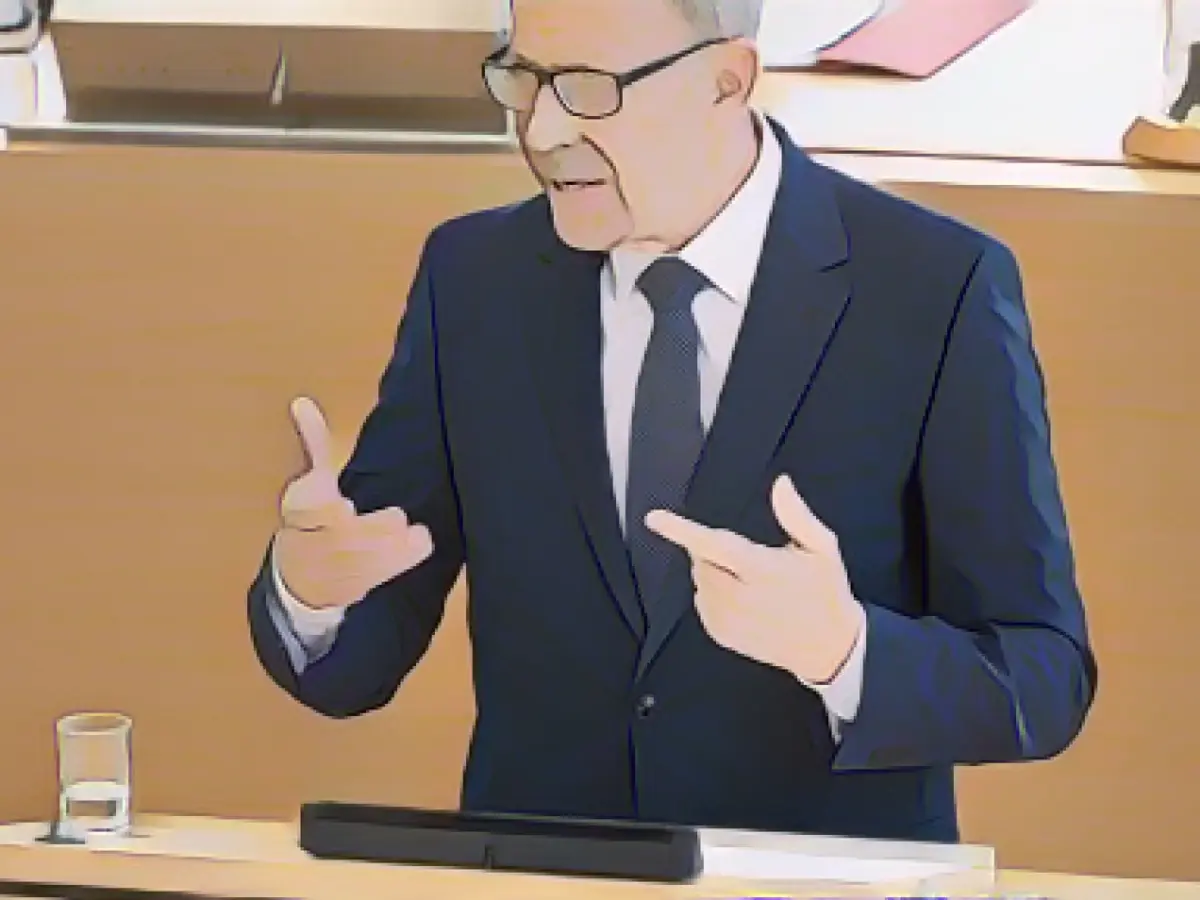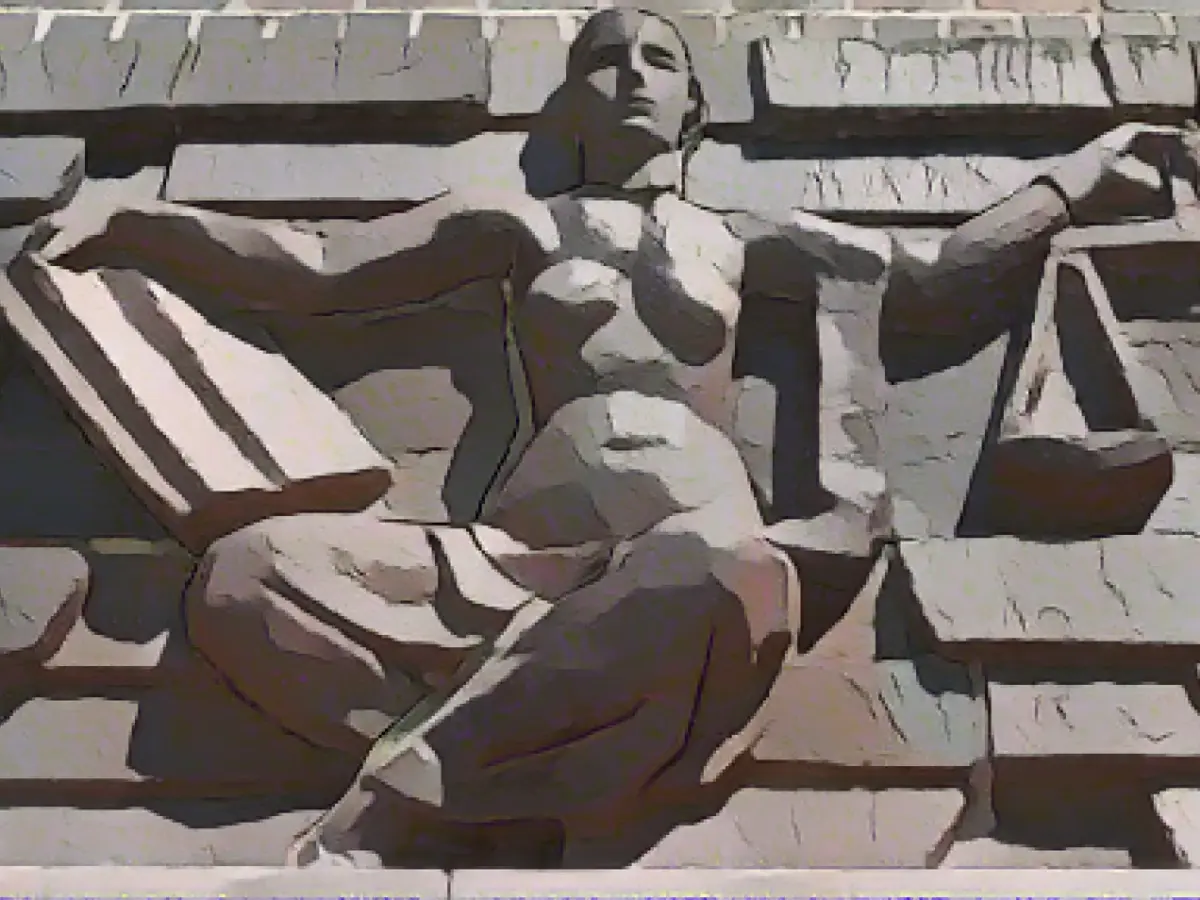Frankfurt's Ban on Peaceful Protest Overturned
The court in Frankfurt, Germany, has once again rejected a city-imposed ban on demonstrations, this time for a protest against the genocide in Gaza and the occupation of Palestine. The administrative court declared the ban "obviously unlawful" on Friday, stating that public safety was not at risk to justify such a ban.
The city initially cited potential anti-Semitic sentiments as the reason for the ban, specifically referencing anti-Semitic statements made by the demonstration's organizer. However, the court's ruling argued that the city had not provided sufficient evidence to support this claim, instead relying on past incidents that were ultimately proven false.
A rally planned for November 9th, which had initially drawn approximately 1,000 attendees, ultimately took place without incident until it was disbanded. Despite the city's efforts to cite anti-Semitic sentiments as a reason to ban the event, the court found the city's justification insufficient.
In a late-evening decision, the Hessian Administrative Court rejected the city's appeal, stating that the city had not demonstrated that the protest would pose an immediate threat to public safety. The court’s writ concluded, "The assembly can therefore take place as planned."
Background
The Israeli-Palestinian conflict has led to ongoing debates and demonstrations in Frankfurt, with various authorities allowing or denying rallies on various occasions. Previous decisions have been met with mixed reactions, as freedom of expression and peaceful assembly are highly valued in German society.
In recent years, authorities have grappled with the fine line between protecting public safety and upholding democratic values. This case, in particular, raises questions about the freedom to peacefully protest and the implications of basing decisions on assumptions rather than concrete evidence.
Enrichment Data
The decision to overturn the ban was likely based on several key factors:
- Lack of Clear Evidence: The administrative court found that the city's claims of potential anti-Semitic sentiments were not backed by concrete evidence.
- Misclassification of Concepts: The court criticized the Interior Ministry for classifying the association as "left-wing extremist" based on its opposition to imperialism and militarism – a broad definition that did not accurately reflect the peaceful intentions of the protest.
- Violation of Constitutional Rights: The court may have ruled that restricting the right to peaceful assembly and freedom of speech infringed on the association's constitutional rights.
- Lack of Imminent Threat: The city did not provide sufficient proof that the protest would pose an immediate threat to public safety.
By considering these factors, the court ultimately decided that the ban on the demonstration was unjustified and violated essential principles of freedom and democracy.








